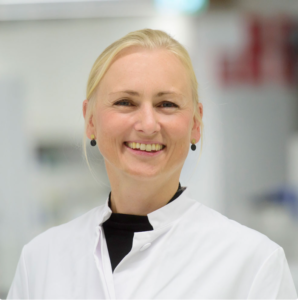
Biophysical Imaging and Director of the Institute of Innate Immunity, Medical Faculty, University of Bonn
Dagmar Wachten serves as the Director of the Institute of Innate Immunity at the Medical Faculty of the University of Bonn. Dagmar Wachten studied biology at the University of Cologne. She obtained her doctorate at the Helmholtz Research Center Jülich and then moved on to do a Postdoc at the Babraham Institute in Cambridge, UK. She returned to Germany in 2010 to work at the caesar Research Center in Bonn, where she became a Minerva Max Planck Research Group leader in 2014. In 2017, she was recruited to the University of Bonn as a professor in the Excellence Cluster ImmunoSensation. Since 2020, she is a full professor at the Medical Faculty, head of the Department “Biophysical Imaging and Molecular Physiology”, and, together with Eicke Latz and Felix Meissner, director of the Institute of Innate Immunity.
Her lab aims to understand how tissue ecosystems are maintained by cellular communication, with a focus on the interaction of non-immune cells with immune cells, in particular with cells of the innate immune system. A subcellular compartment that is important for sensing information from the environment and, in turn, changing cellular fate and function, is the primary cilium. Specifically, her lab aims to study ciliary signaling with high spatial and temporal precision by combining optogenetics and genetically-encoded biosensors with high-resolution microscopy, mouse genetics, and biochemistry.

University Medical Center, Utrecht
Nalan Liv is Assistant Professor of Cell Biology, at Center for Molecular Medicine, University Medical Center Utrecht (UMCU). Nalan leads a cellular nanoimaging and endo-lysosomal biology research team, and coordinates the Cell Microscopy Core. She received her BSc. degree (2007) and her MSc. Degree (2009) in Molecular Biology and Bioengineering in Istanbul, Turkey. Her PhD work in Imaging Physics, Delft University of Technology, the Netherlands, involved development of an integrated correlative microscopy platform and its novel cellular imaging applications. After finishing her PhD, she joined the Cell Biology UMC Utrecht as a postdoc, and focused on developing correlative light and electron microscopy workflows to study endo-lysosomal biology. Her independent research line is dedicated to high-resolution understanding of intracellular structure-function relations in cancer cell biology, and she is awarded with multiple grants to study the role of lysosomes in carcinogenesis. Her research team develops innovative high-resolution microscopy approaches and utilizes a combination of molecular biology, live-cell fluorescence microscopy, and ultrastructural electron microscopy tools to resolve how intracellular organelle dynamics and interactions are rewired in cancer.
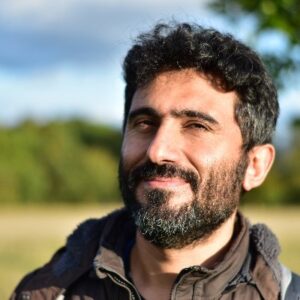
Karolinska Institut, Sweden
Erdinc Sezgin is a scientist at the Karolinska Institutet, Sweden. Specializing in bioimaging and membrane biophysics, Sezgin’s research aims at a mechanistic understanding of immune signaling processes require both advanced imaging techniques with nanometer and microsecond spatiotemporal resolution and well-defined biomimetic systems that can provide tuneable molecular specificity and complexity to pinpoint the role of each functional component as well as physical principles of signaling processes.

Institute of Pharmacy and Molecular Biotechnology, Heidelberg University, Germany
Murat Sunbul is a faculty member at the Institute of Pharmacy and Molecular Biotechnology, Heidelberg University, Germany. His research is mainly focused on developing innovative technologies for imaging biomolecules with super-resolution microscopy and deciphering complex molecular networks in living systems. He studied chemistry and received his master’s degree in organic chemistry under the guidance of Prof. Dr. Cihangir Tanyeli at the Middle East Technology University (Turkey). For his graduate studies, he went to the University of Chicago (USA), where he worked on directed evolution of enzymes by the phage display technology and developed novel site-specific protein labeling techniques (with Prof. Dr. Jun Yin). In 2011, he moved to Germany as an Alexander von Humboldt Fellow to pursue his post-doctoral research in RNA imaging and fluorescent probe design at Heidelberg University, IPMB.
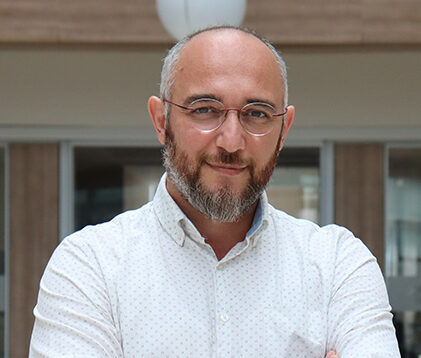
Research Institute for Health Sciences and Technologies, Medipol University, Turkey
Serving as the Deputy Director of the Research Institute for Health Sciences and Technologies (SABITA), Emrah Eroğlu’s work is at the forefront of health sciences and technology research. Emrah Eroglu a biotechnologist and molecular biologist with a passion for developing innovative tools and techniques that allow us to better understand cellular processes at the single-molecule level. His lab have generated several cutting-edge biosensors for real-time imaging of various signaling molecules, including Calcium, Nitric Oxide, ATP, Potassium, and Hydrogen peroxide. In August 2019, his lab established a live-cell imaging laboratory at Sabanci University, and in August 2022, his lab relocated the lab to Istanbul Medipol University to work with partner labs at SABITA, a premier research facility and high-end imaging core in Eurasia. His lab is dedicated to creating multiparametric high-content imaging approaches and chemogenetic tools to study reactive oxygen species and other critical signaling molecules.
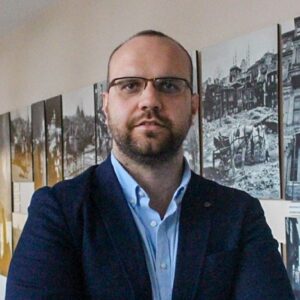
Koc University, Department of Chemistry, Turkey
Dr. Safacan Kölemen graduated from the Chemistry Department, Bilkent University in 2008. After completing his MSc studies in the same department, he earned his PhD from the National Nanotechnology Research Center, Material Science and Nanotechnology program at Bilkent University in 2014. In his PhD studies he mainly focused on developing photodynamic therapy agents. Later, Dr. Kölemen moved to University of California, Berkeley Chemistry Department as a postdoctoral researcher, where he worked on the development of fluorescent molecular sensors. In 2017, he joined to Koç University, Department of Chemistry as an Assistant Professor and established Organic Chemistry and Chemical Biology laboratory. His current research focuses on the development of tumor selective drug candidates for phototherapy and fluorescent/chemiluminescent agents for bioimaging applications. His work is supported by TUBITAK, private companies and Science Academy. Dr. Kölemen serves as an associate editor in Frontiers in Chemistry, and he is a member of editorial advisory board of ACS Bio&Med Chem Au.
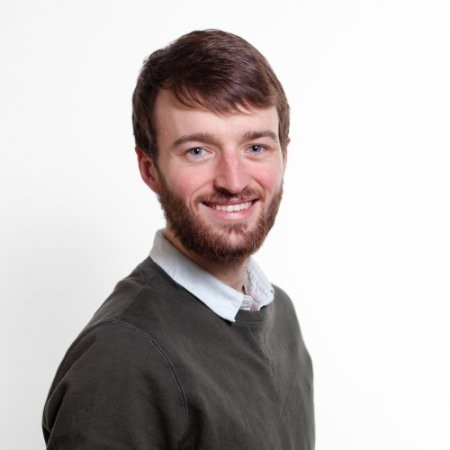
Karolinska Institute, Manager Light-Sheet & Lattice Light-Sheet Microscopy support
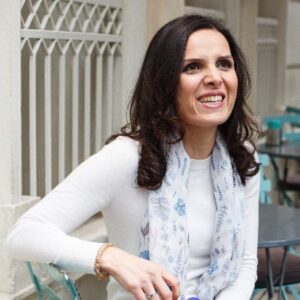
Koc University, Department of Molecular Biology and Genetics, Turkey
Elif Nur Firat Karalar is a faculty member and head of the Cytoskeleton Research laboratory at Koc University, Turkey. Her research interests span cell biology, biochemistry and proteomics, with a specific focus on the mechanisms of fundamental cellular processes and their links to developmental disorders known as ciliopathies.
